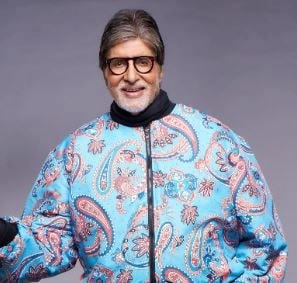The recent remarks made by Sandeep Reddy Vanga about Deepika Padukone have generated considerable buzz, but perhaps it shouldn’t come as a surprise to anyone familiar with the director’s previous statements and overall persona. Vanga, known for his bold and often controversial comments, has consistently pushed the boundaries of conventional discourse in the film industry. His unapologetic approach to filmmaking and the themes he explores often mirror his candidness in interviews. This tendency to speak his mind, regardless of the consequences, has led to both admiration and criticism from various quarters.
Vanga’s comments about Padukone, which many interpreted as disrespectful, highlight a broader issue regarding the treatment of women in the film industry and the societal norms that govern such discussions. His remarks serve as a reminder of the persistent double standards that exist, where male filmmakers often feel entitled to express opinions about female colleagues in a manner that would be deemed unacceptable if roles were reversed. This dynamic raises important questions about respect, professionalism, and the need for a more equitable environment within the entertainment industry.
While some may argue that Vanga’s comments are simply a reflection of his personality and creative style, they also underscore the necessity for accountability. The film industry, like any other profession, should foster an atmosphere where all individuals, regardless of gender, are treated with dignity and respect. Deepika Padukone, as a prominent figure in Bollywood, has been a vocal advocate for mental health and women’s rights, and her position in this matter emphasizes the importance of solidarity among women in facing such challenges.
Ultimately, Sandeep Reddy Vanga’s remarks about Deepika Padukone should prompt a deeper discussion about the culture of discourse in the film industry. It is not just about one person’s opinion but reflects a larger societal issue that needs addressing. As audiences and industry professionals alike, there is a responsibility to challenge such attitudes and advocate for a more respectful and supportive environment for all individuals in the creative sphere.




